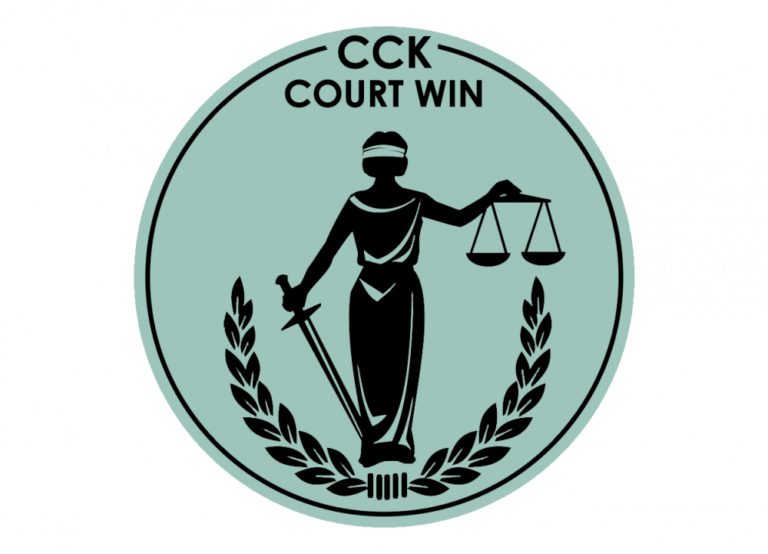Increased rating for PTSD denial contained legal error

CCK Law: Our Vital Role in Veterans Law
Veteran’s history of PTSD
The Veteran served honorably in the United States Army from February of 1980 to February of 1992, and was engaged in combat during Operation Desert Storm. He filed a claim for service connection for Post-Traumatic Stress Disorder (PTSD) in May of 2005. VA granted his claim in December of 2007 at 30%. An examiner opined that the Veteran had sleep, memory, and concentration problems nearly daily since returning from the Persian Gulf.
The Veteran had a hard time concentrating in class. An examiner noted that the Veteran became angry easily. The Veteran’s psychiatrist recommended he drop his classes due to problems with headaches, sleep, and other symptoms. Another VA examiner noted that the Veteran could not follow supervisor instructions without anger and irritability. A previous employer let the Veteran go from him security job because his co-workers were afraid of him carrying a weapon.
In December of 2012, the Regional Office increased the Veteran’s rating from 30 to 70%, effective September 17, 2010. The Board of Veterans’ Appeals remanded the claim in September of 2014 for further development. Again, the case returned to the Board in February of 2016.
Board denied increased rating for PTSD
The Board granted an initial evaluation of 50% for PTSD prior to September 17, 2010, but denied a higher rating for that period. Specifically, the Board found that the Veteran’s ability to attend classes, work, and medical appointments showed that his symptoms did not affect his ability to function appropriately and effectively.
Appeal to the Court of Appeals for Veterans Claims
CCK successfully appealed to the Court the denial of an increased rating for the Veteran’s service-connected PTSD prior to September 17, 2010. CCK argued that the Board misinterpreted and misapplied the law, and provided inadequate reasons or bases for its decision when it denied the Veteran a rating in excess of 50%.
CAVC agrees with CCK’s arguments
The Court agreed that the Board incorrectly relied on the absence of certain symptoms. It also agreed that the Board failed to consider favorable material evidence. The Board made findings that were contradicted by the evidence of record. It also failed to appropriately consider the evidence of occupational impairment. The Court vacated the part of the Board’s decision denying a rating in excess of 50% for PTSD prior to September 17, 2010, and declining to refer his case for extraschedular referral. The Court also remanded those matters for further proceedings consistent with its decision.
About the Author
Share this Post
